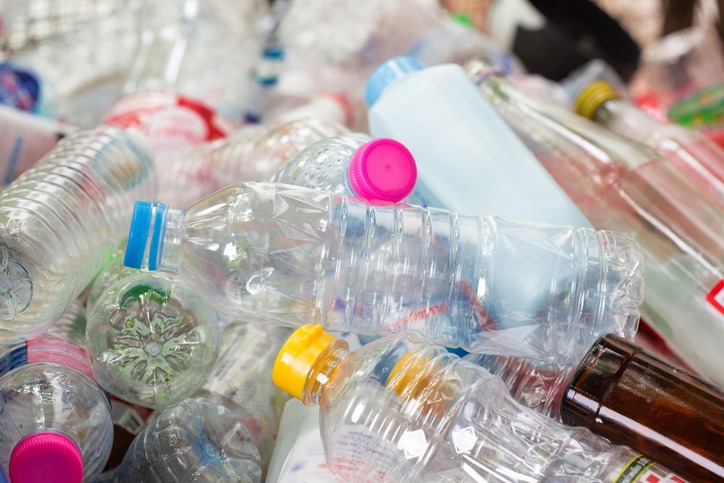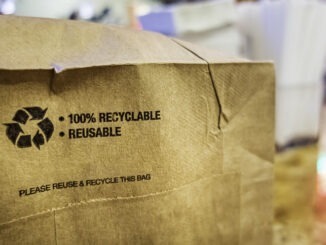
After extensive engagement with industry and considering the economic challenges faced by consumers and businesses, the implementation of new rules requiring packaging producers to cover the cost of recycling their packaging will be postponed by one year, moving from October 2024 to 2025
During this additional year, the government will continue to collaborate with the industry to refine the design of the scheme and find ways to minimize implementation costs. As the concept of Extended Producer Responsibility (EPR) approaches, producers have already taken steps to reduce packaging and adopt more recyclable formats, and this trend is expected to continue, preventing these costs from being transferred to households in the future.
The decision to defer producer payments has been made in consultation with the devolved administrations, providing industry, local authorities, and waste management companies with sufficient time to prepare for the successful implementation of the scheme. This will help ensure that the scheme is well-designed to achieve long-term recycling goals while addressing the immediate challenges posed by inflation, thus supporting households.
Rebecca Pow, the Environment Minister, emphasized the commitment to transform waste management and achieve zero avoidable waste by 2050, with a focus on environmental sustainability.
Simon Roberts, CEO of Sainsbury’s, expressed support for the deferral, as it allows the industry and the government to collaborate effectively and get the EPR right from the beginning, while also alleviating pressure on food inflation and delivering value to customers.
Paul Vanston, Chief Executive of the Industry Council for Packaging and the Environment (INCPEN), praised the government’s decisions in shaping packaging reforms to ensure overall efficiency, cost-effectiveness, and high recycling performance.
The government’s commitment to eliminate avoidable waste by 2050 and recycle 65% of municipal waste by 2035 remains steadfast, with the extended producer responsibility scheme playing a central role in achieving these targets. Other measures, such as the tax on plastic packaging with less than 30% recycled content and upcoming bans on various single-use plastic items, will complement the efforts.
Furthermore, consistent recycling collections for households will be introduced after the extended producer responsibility scheme is implemented, and additional details will be provided in due course.


Be the first to comment